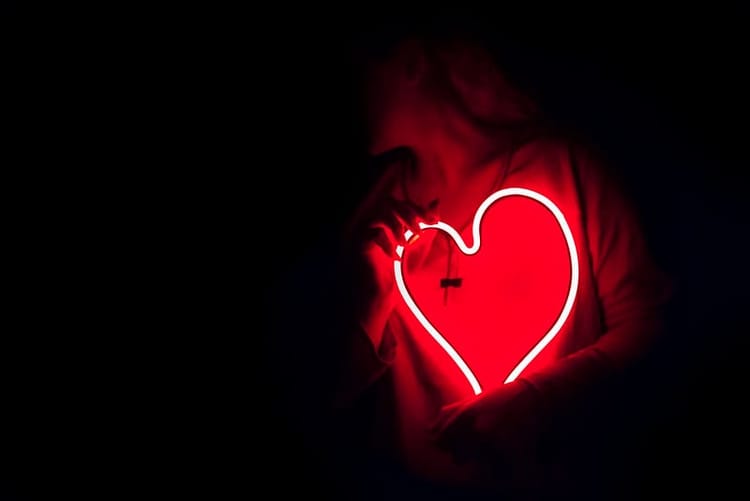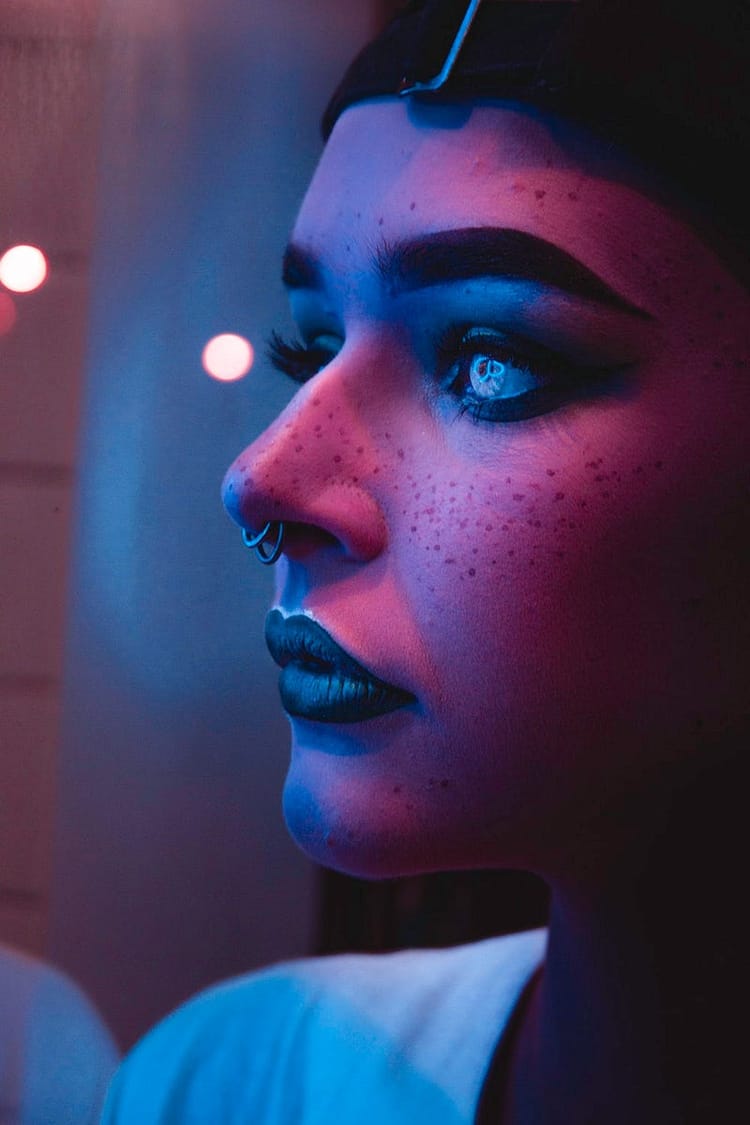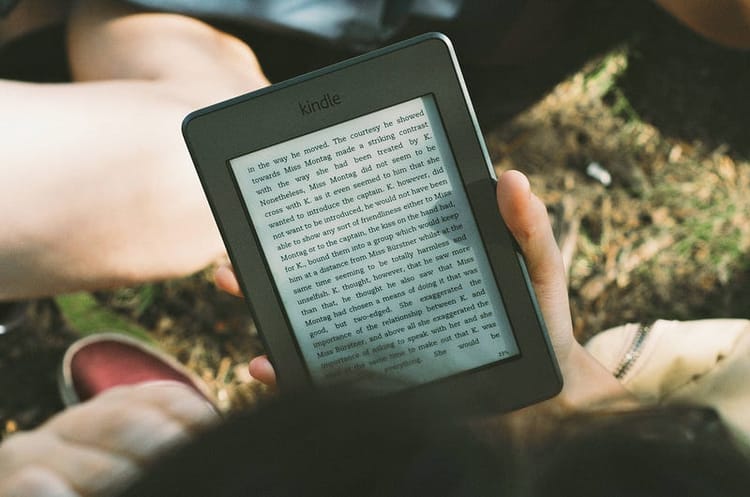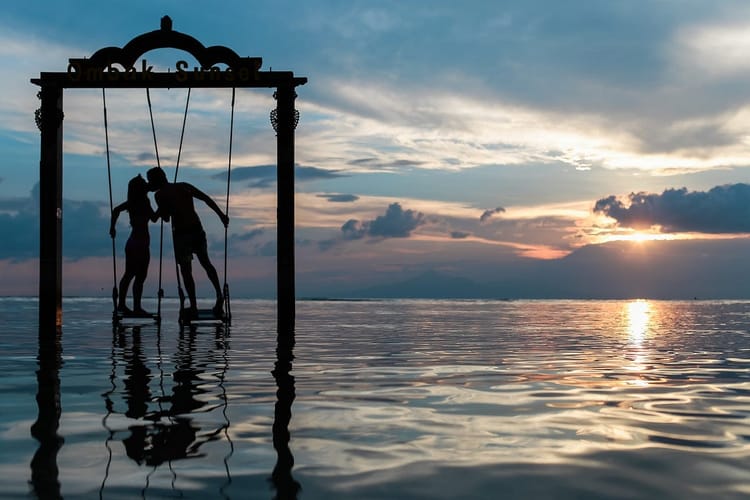A Truthful Eulogy for My Abusive Mother
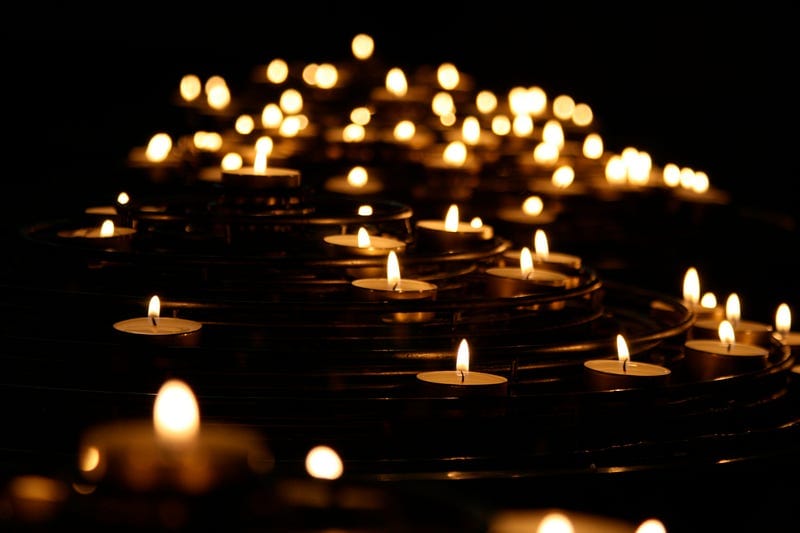
A Recollection of Abuse, Death, and Redemption
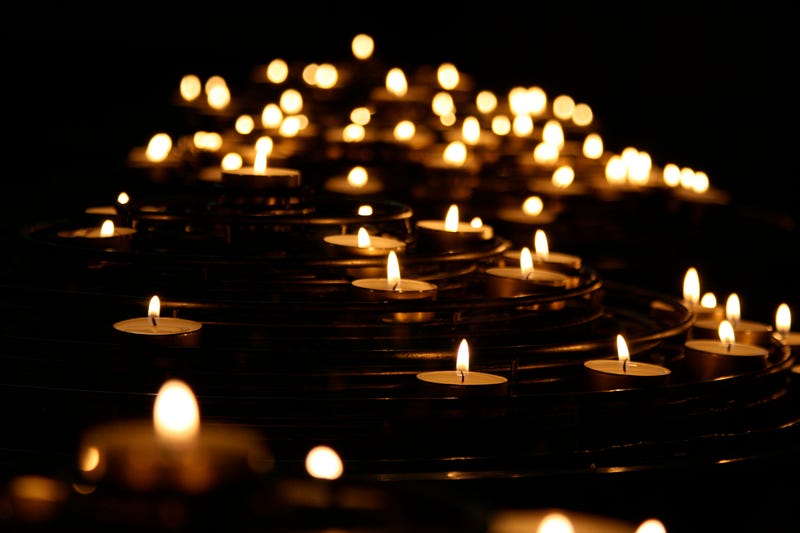
Trigger warning: this is not a happy story. It is, in fact, a story about the worst thing that ever happened to me. It’s a story about severe abuse, but it’s also a story about growing from it. It’s a story I have to tell before I can finally leave my past behind. That doesn’t mean you have to read it, and if you’re in a particularly vulnerable place, I’d ask you not to read it. But if you want to know the light at the end of the tunnel from a place of bottoming out in utter despair, read on.
Seven years ago, a doctor removed a forty-pound tumor from my mother’s stomach and asked me to tell her she was dying.
Why don’t you do it? I asked myself, pretty sure that that was his job. But by that point, I was too tired to fight. My neighbor, a nurse, was with me, but I decided that it was my mother, and therefore it was my responsibility.
“The doctor says you’re dying,” I told her in the most empathetic voice I could, unsure of what else to say.
“I’m dying,” she repeated over and over again in the most haunting voice I’d ever heard. It might have been an hour. It felt like days.
I sat there with her, unsure of how to comfort her.
The day before she died, she told me, “I’ll never understand you.”
She didn’t accept that her dying was too much for me, a twenty-year-old. “Grow up,” she told me time and time again. After all, she had lost her own father at the age of nine.
She wanted me to quit college to come and live with her and take care of her. I’m sure many of the neighbors did, too.
But they didn’t see what went on behind closed doors, or if they saw glimpses behind the curtain, they couldn’t comprehend it enough to do the right thing. To be fair, neither could I.
I spent vast swathes of my childhood wishing I was dead. I think the only reason I never self-harmed was because I was too afraid of the pain. I cried myself to sleep too many times to count. Often, I hid from my mother in a corner of the house where she wouldn’t think to look for me, reading while she yelled for me to come help her with one project or another.
She always had a project. It took me a while to accept, but years after my own bipolar diagnosis, I finally recognized the signs of depression and mania in her. She would sleep all day sometimes, only to get up and garden for hours. When my Dad was married to her, she slept all day too, only to wake up and yell at him all night after he came home from work.
I confronted my mother once as a child about my misery, telling her I wanted to kill myself. She asked me, “So why don’t you do it already?”
It wasn’t the bipolar that made her cruel, I don’t think. She likely had Borderline Personality Disorder as well, a mental illness perhaps best characterized by the book titles, “I HATE YOU — Don’t Leave Me” and “Walking on Eggshells,” but even the borderline and its associated relationship difficulties didn’t sum up who she was.
A diagnosis never does.
I didn’t learn the truth about my mother until after she was dead. At her funeral, a family friend finally revealed what my Dad had known and never said all the years that she was alive.
My Mom’s own father — the one who died when she was nine — had made a regular practice of chaining her to the toilet. My Mom didn’t speak the same language as her own mother until she went off to college and learned it.
And she made one mistake as a child that would haunt her for the rest of her life. Her brother was sick and in a wheelchair. During a few seconds of inattention, she let go of the chair. My uncle went toppling down a flight of stairs and ended up permanently paralyzed.
Forced to cook and clean for her entire family, my Mom told my Dad that she’d done enough cleaning for a lifetime. She ended up with a hoarding problem. When she died, we filled up a garbage dumpster half the size of her standard-sized driveway just with trash. After that, we transferred the contents of the house to two of the largest-sized storage garages at a storage facility.
I was paying nearly $400 in storage fees every month.
Thankfully, she managed her money well, and I was able to clear out the storage units, but it took years to finally clear them out.
I’m not telling you all this to be a gossip. I’m not telling you about my mother’s life so you can feel pity for us and then move on with your lives.
I’m telling you all this because I’m the only one who can tell this story, and because I don’t think any life is wasted unless we refuse to learn from it.
Yes, my mom was abusive. Yes, she made me cry at nearly every parent/teacher conference, highlighting every assignment I got a C or less in, regardless of how I was doing overall. Yes, she once made me sleep outside on a couch in the middle of winter (though she did toss out an electric blanket).
She kept food that was two to six years expired in the fridge. She even occasionally chased me around with a yardstick and eventually a metal rod. When I didn’t finish assignments, she wouldn’t let me sleep. She would keep waking me up, which resulted in me learning to sleep so deeply that an earthquake probably wouldn’t wake me. I lived in fear of her, wondering if I would ever be strong enough to keep her from hurting us both.
She never hurt me enough to bruise, though I did fear her anger enough that I sometimes feared for my life. And perhaps worst of all, she convinced me that I deserved it.
But what I can safely say is that she never chained me to a toilet. I can say that we spoke the same language. And I can say that she never put me in a situation where I’d be scarred with guilt for the rest of my life.
This is not me apologizing for her behavior. This is me saying that it’s not all black and white. We all like to think we have free will. But the truth is that, in one respect or another, we all have weighted free will.
In other words, some of us have more free will than others.
We all have our choices. I firmly believe that. But some choices are easier than others. If someone held a gun to your head and demanded that you eat a bowl of cereal, I think you’d probably do it.
Some of us have choices that are easier than others. It doesn’t mean that we have to forgive the people who hurt and abuse us, and it certainly doesn’t mean that we have to forget what they’ve done. Ultimately, it doesn’t help us to toss the lessons we could have learned aside.
You don’t have to forgive or forget. In fact, I think you’re doing an enormous disservice to yourself if you do. But heaven help you if you fail to take the time to understand.
If we fail to understand, we learn nothing. We become responsible for “othering” others, for seeing things as black and white. In today’s political climate, it’s all too easy to see the other side of our chosen battle as monsters. But the truth is, we’re all hurting.
And the othering of our fellow citizens into monsters, the claim that half of humanity has gone to hell and that half of humanity holds the keys to heaven, that the world would get better if only those on the other side would just repent for their sins and intolerance towards the people of “our” kind, whatever side you’re on, fails to account for the very real humanity that all of us hold in our hearts.
The most frightening truth about the people we call “monsters” is that they were always human, after all. And we’ll never get anywhere until we understand that.
I think Anne Frank said it best — “In spite of everything I still believe that people are really good at heart.” But see, she said more than that. Far more. A fifteen-year-old girl, chased by horrors of the kind most of us can’t even begin to imagine, caught in the darkness of utter despair, continued on to write:
“I simply can’t build up my hopes on a foundation consisting of confusion, misery, and death. I see the world gradually being turned into a wilderness, I hear the ever approaching thunder, which will destroy us too, I can feel the sufferings of millions and yet, if I look up into the heavens, I think that it will all come right, that this cruelty too will end, and that peace and tranquility will return again.”
If a fifteen-year-old can have this kind of courage and hope, why can’t we?
It’s okay to fight for what you believe in. It’s okay to work for a better world. But when we face the worst that humanity has to offer, and fail to recognize it as fundamentally humanity, we are doomed to fail.
It is a fundamental inability to understand others and the lessons of our past that leads us to corrupt the very idea of love. How, after all, can we learn to love unconditionally when we’re told at every turn that love has conditions? How can we possibly seek to better society as a whole while damning those who disagree with us to a life without love?
Indeed, how do we proceed with creating a loving society when we fundamentally fail to adequately express and define love?
Take familial love, for example. We’re sometimes told that we’re responsible for our parents. That we’re supposed to take care of them in their last days, no matter what’s going on. We’re told, “blood is thicker than water,” without acknowledging the rest of that quote — “the blood of the covenant is thicker than the water of the womb.”
We’re told to slave away and sacrifice, that our sacrifices are temporary, that we owe our lives to our parents — but don’t we owe ourselves more? Don’t we owe it to society to be the best people we can be, even — and perhaps especially — when we have to leave the past behind? Ultimately, aren’t we all responsible for our own lives? Don’t we owe it to ourselves to at least question the narrative that we owe abusers the better parts of our lives?
So many of us tolerate abuse and call it love. We internalize the scars of our upbringing and we excuse abusive behavior from family and friends. Is it any wonder, then, that we open up those scars into fresh wounds, crucifying ourselves and those we’re supposed to love in a crazed distortion of the very thing we claimed to be fighting for?
It’s not easy to leave abusive love behind. I know I lied for years. Alerted to the abuse my mother was engaging in — brought on by a mandatory reporting from my Yearbook teacher about me having to sleep outside on a couch in the snow — a cop pestered me for what felt like multiple times a week, trying to get me taken away.
I had my reasons not to leave. I was seventeen. I only had a year of this bullshit left to deal with. My siblings had all been taken away and I couldn’t just go to my dad’s. I had bigger fish to fry. This officer didn’t even know what Schrodinger’s Cat was, for fuck’s sake — how was I supposed to trust this guy to throw me into foster care and naively expect to remain afloat?
I wanted to stay with my friends and the academia I was so desperately clinging to, those remnants of literary analysis and biology and photography, that art and writing and admiration of everything beautiful and elegant in the world. Everything I loved and fought for lay embedded in the walls of a high school, even if it was slowly being drawn toward the center of the black hole of my collapsing universe.
And there are no easy answers. Foster care has its own problems. Maybe I was right, in a sense, to stay — maybe I would have ended up in an even more abusive relationship with people who were just in it for the money or power.
But isn’t it worth fighting for a world where kids don’t have to hide? A world where we acknowledge the truth, regardless of how the truth makes us feel? A world where we encourage the best out of our children and hold their parents to just as high of a standard? A world where those children deserve to live? A world where those same children don’t grow up with distorted images of love, and for better or worse, whether they choose to or not, end up perpetuating that lack of love into the next generation?
I don’t pretend to have the answers. But that, at least for me, is a vision worth fighting for.
Love, I think, is always worth fighting for.

